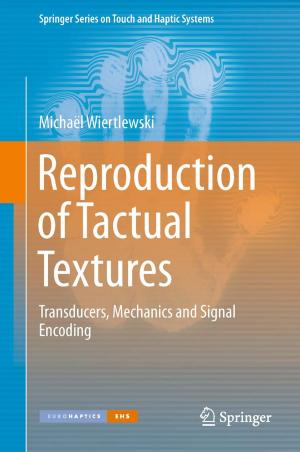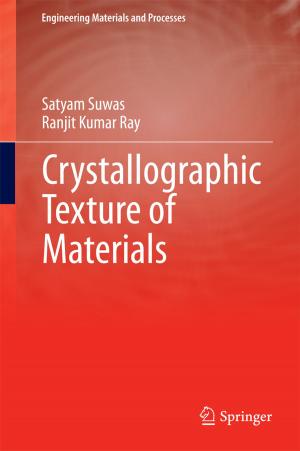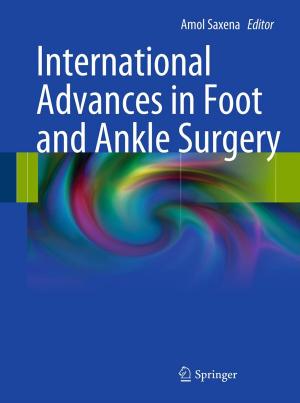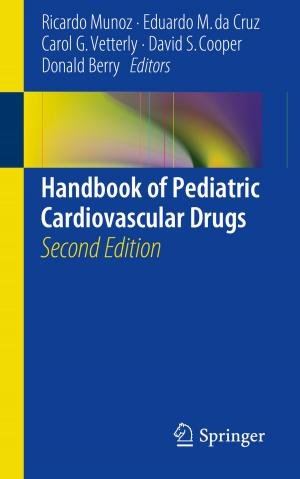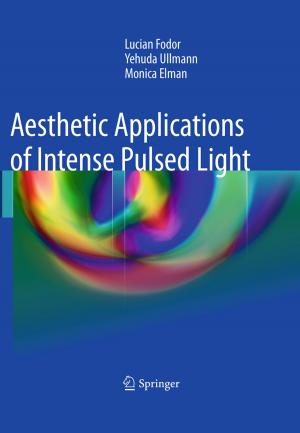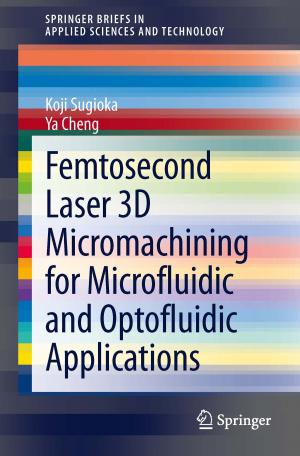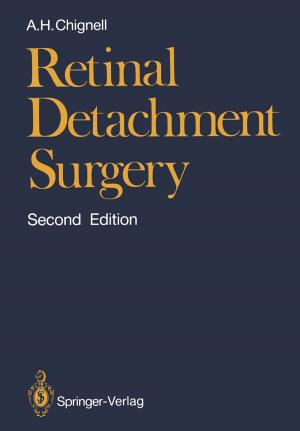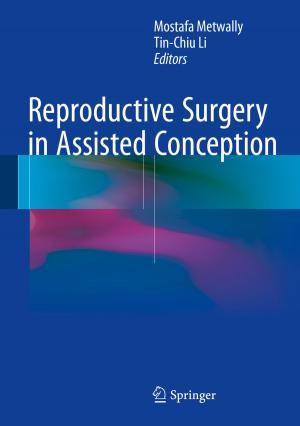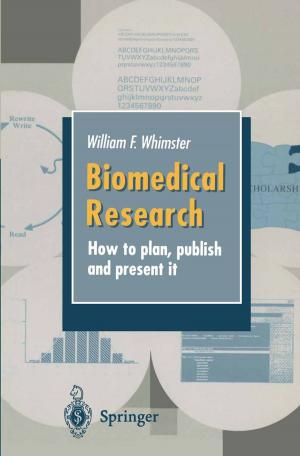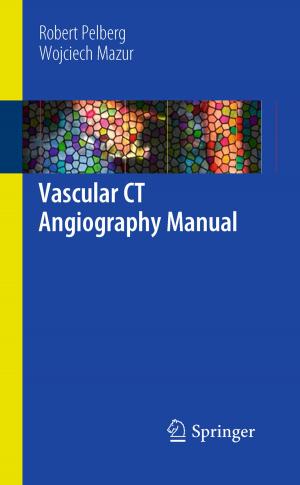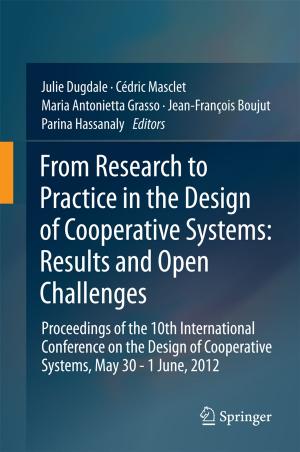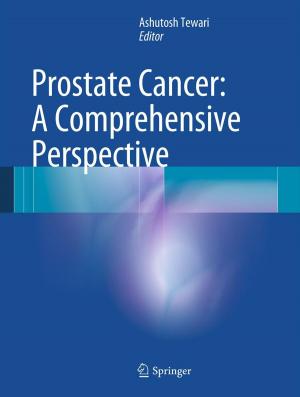| Author: | Gordon W.H. Stamp, N.A. Wright | ISBN: | 9781447117537 |
| Publisher: | Springer London | Publication: | December 6, 2012 |
| Imprint: | Springer | Language: | English |
| Author: | Gordon W.H. Stamp, N.A. Wright |
| ISBN: | 9781447117537 |
| Publisher: | Springer London |
| Publication: | December 6, 2012 |
| Imprint: | Springer |
| Language: | English |
It is easy to be confident that an appropriate body of advice is available to candidates about the content of an examination once you have passed it. Prospectively, the Primary and Final Examinations of the Royal College of Pathologists will appear to most to involve the assimilation of what seems at the time an inexhaustible volume of data, and the recent change in the College examination system has not diminished this concern for the majority of candidates. The guidelines for training for the new Part I examination state that this is the "major hurdle of the MRCPath" and it is clear that it will determine whether candidates are suitable for training which will permit them to practise independently as consultants after Part II. These general aims and objectives do not answer questions such as "How much do I need to know about glomerulonephritis?" or "Where do I stop with the lymphomas?" This text attempts to resolve the difficulty of knowing what standard to aim at, using College questions as its starting point. It concentrates on the essential basis of any single answer; many candidates for the new three-year examination will know more about individual topics than is stated here. However, it is the breadth of information required which is a feature of College examinations and this text should help with this problem.
It is easy to be confident that an appropriate body of advice is available to candidates about the content of an examination once you have passed it. Prospectively, the Primary and Final Examinations of the Royal College of Pathologists will appear to most to involve the assimilation of what seems at the time an inexhaustible volume of data, and the recent change in the College examination system has not diminished this concern for the majority of candidates. The guidelines for training for the new Part I examination state that this is the "major hurdle of the MRCPath" and it is clear that it will determine whether candidates are suitable for training which will permit them to practise independently as consultants after Part II. These general aims and objectives do not answer questions such as "How much do I need to know about glomerulonephritis?" or "Where do I stop with the lymphomas?" This text attempts to resolve the difficulty of knowing what standard to aim at, using College questions as its starting point. It concentrates on the essential basis of any single answer; many candidates for the new three-year examination will know more about individual topics than is stated here. However, it is the breadth of information required which is a feature of College examinations and this text should help with this problem.

